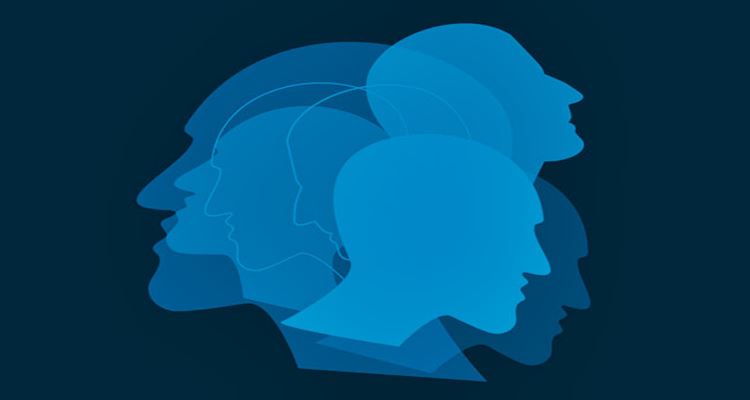WHAT IS MANIA – This is what mania is including the factors causing and triggering this condition.
A manic episode is composed of an irritable mood, intense energy, racing thoughts, and other behaviors that are extreme and exaggerated. The American Psychological Association defines mania as “generally, a state of excitement, overactivity, and psychomotor agitation, often accompanied by over-optimism, grandiosity, or impaired judgment”.
Mania – What Is Mania & Its Causes and Symptoms
Here’s a definition of mania and its different causes of it.
MANIA – This is the definition of mania and other details of this such as the causes, triggers, and its different symptoms.
The National Library of Medicine defined mania as “a period of 1 week or more in which a person experiences a change in normal behavior that drastically affects their functioning”.

These are the characteristics of this condition:
- increased talkativeness
- rapid speech
- decreased need for sleep
- racing thoughts
- distractibility
- increase in goal-directed activity
- psychomotor agitation
- elevated or expansive mood
- mood lability
- impulsivity
- irritability
- grandiosity
If a person has a mental health condition, he or she can have manic episodes. Bipolar disorder, seasonal affective disorder, postpartum psychosis, schizoaffective disorder, and cyclothymia are among the mental conditions that come with manic episodes.
According to a post from Cleveland Clinic, the following are some triggers:
- highly stimulating situation or environment (for example, lots of noise, bright lights, or large crowds)
- major life change (such as divorce, marriage, or job loss)l
- lack of sleep
- substance use, such as recreational drugs or alcohol
A manic episode can last from weeks to months depending if the condition is being treated or not. With treatments, the episode will get improve in three months.
The causes are case to a case basis. Common causes include family history, chemical imbalances in the brain, difficult life situations, excessive stress and being unable to manage it, lack of sleep, a side effect of certain mental disorders, and neurological conditions.
Psychotic symptoms of mania are hallucinations, speaking in a disorganized or bizarre way, paranoia, and feeling like he or she is being watched.
There’s also a less intense form of mania and it is called hypomania. The symptoms are pretty similar but the severity of how it affects a person’s life is not too much. Hypomania is less disruptive.
READ ALSO:
- Bacterial Skin Rash – Types Causes, and Treatment
- Bitter Gourd Benefits (Health Benefits Of Bitter Gourd)
What can you say about this? Let us know!

